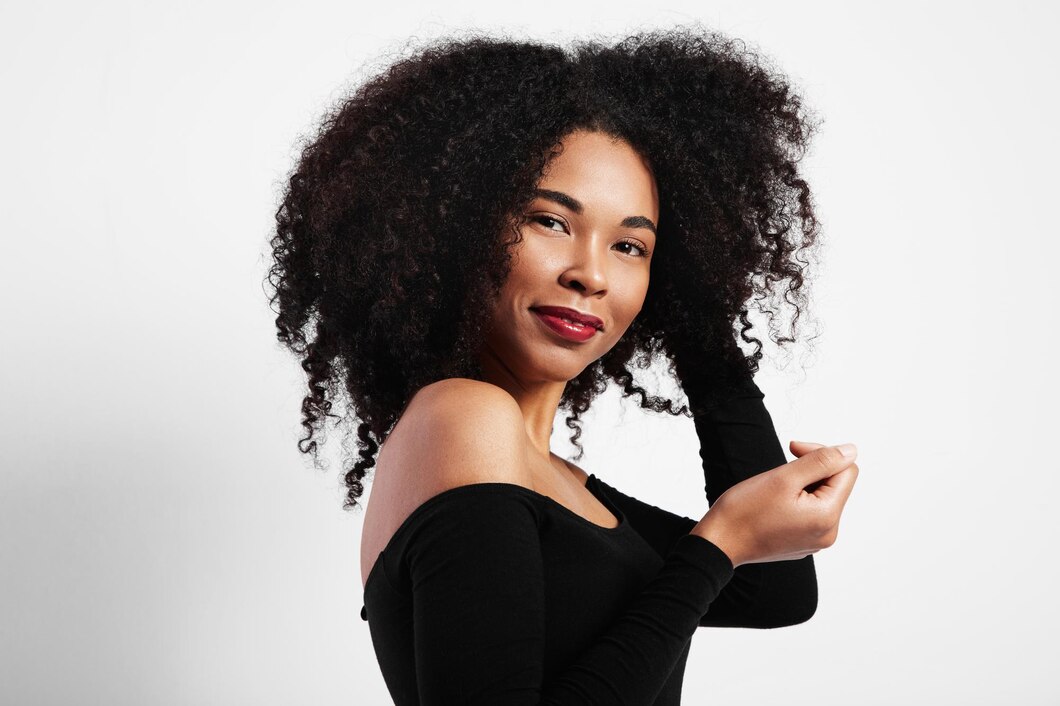Achieving long, healthy hair is a common goal for many people, but understanding the factors that influence hair growth is crucial to unlocking the secrets behind it. From genetics to lifestyle choices, various elements play a role in determining how fast and long your hair can grow. Here, we delve into the key factors that affect hair length and how you can optimize them for the best results.
1. Genetics
Genetics is the primary determinant of your hair growth rate and potential length. Your DNA dictates the characteristics of your hair, including its growth cycle, texture, and density. While you can’t change your genetic makeup, understanding your hair type can help you tailor your hair care routine to better support its growth.
2. Hair Growth Cycle
Hair growth occurs in a cycle with three distinct phases:
- Anagen (Growth Phase): This phase lasts between 2 to 7 years, during which hair actively grows. The duration of the anagen phase largely determines your hair length.
- Catagen (Transition Phase): Lasting about 2-3 weeks, this phase is when hair growth slows, and the hair follicle shrinks.
- Telogen (Resting Phase): This phase lasts around 3 months, after which hair sheds and new growth begins.
Optimizing the anagen phase can help maximize hair growth, but the length of this phase is largely influenced by genetics.
3. Nutrition
A balanced diet rich in essential nutrients is vital for healthy hair growth. Key nutrients include:
- Protein: Hair is primarily made of keratin, a protein, so adequate protein intake is crucial.
- Vitamins and Minerals: Vitamins A, C, D, E, and B-complex (especially biotin), along with minerals like zinc, iron, and omega-3 fatty acids, support hair health and growth.
Incorporate a variety of fruits, vegetables, lean proteins, and healthy fats into your diet to provide your hair with the nutrients it needs.
4. Scalp Health
A healthy scalp creates the optimal environment for hair growth. Regularly cleansing your scalp to remove excess oil, dead skin cells, and product buildup can prevent clogged follicles. Additionally, gentle scalp massages can stimulate blood circulation, promoting nutrient delivery to hair follicles.
5. Hair Care Practices
How you treat your hair significantly affects its growth and overall health. Consider the following tips:
- Avoid Overwashing: Washing your hair too frequently can strip it of natural oils, leading to dryness and breakage.
- Use Gentle Products: Opt for sulfate-free shampoos and conditioners to prevent harsh chemicals from damaging your hair.
- Limit Heat Styling: Excessive use of heat tools can weaken hair and cause breakage. Use heat protectants and minimize heat styling to keep hair healthy.
- Trim Regularly: Regular trims help eliminate split ends, preventing breakage and promoting healthier growth.
6. Hormonal Balance
Hormones play a crucial role in hair growth. Hormonal imbalances, such as those caused by thyroid issues or changes during pregnancy and menopause, can affect hair growth and shedding. If you suspect hormonal imbalances are impacting your hair, consult a healthcare professional for appropriate tests and treatments.
7. Stress Levels
Chronic stress can disrupt the hair growth cycle, pushing hair prematurely into the telogen phase and leading to increased shedding. Managing stress through techniques like exercise, meditation, and adequate sleep can help maintain a healthy hair growth cycle.
8. Lifestyle Choices
Lifestyle choices, such as smoking and alcohol consumption, can negatively impact hair growth. Smoking reduces blood flow to the scalp, while excessive alcohol can deplete essential nutrients. Adopting a healthy lifestyle with regular exercise and a balanced diet supports overall health and hair growth.
9. Age
As you age, the rate of hair growth naturally slows, and hair may become thinner and more prone to breakage. While you can’t stop the aging process, maintaining a healthy lifestyle and proper hair care can help minimize its effects on your hair.
Unlocking the secrets of hair growth involves understanding and optimizing the various factors that influence hair length. While genetics set the foundation, factors such as nutrition, scalp health, hair care practices, hormonal balance, stress levels, lifestyle choices, and age all play significant roles. By addressing these elements and adopting a holistic approach to hair care, you can support healthy hair growth and achieve the length you desire.








